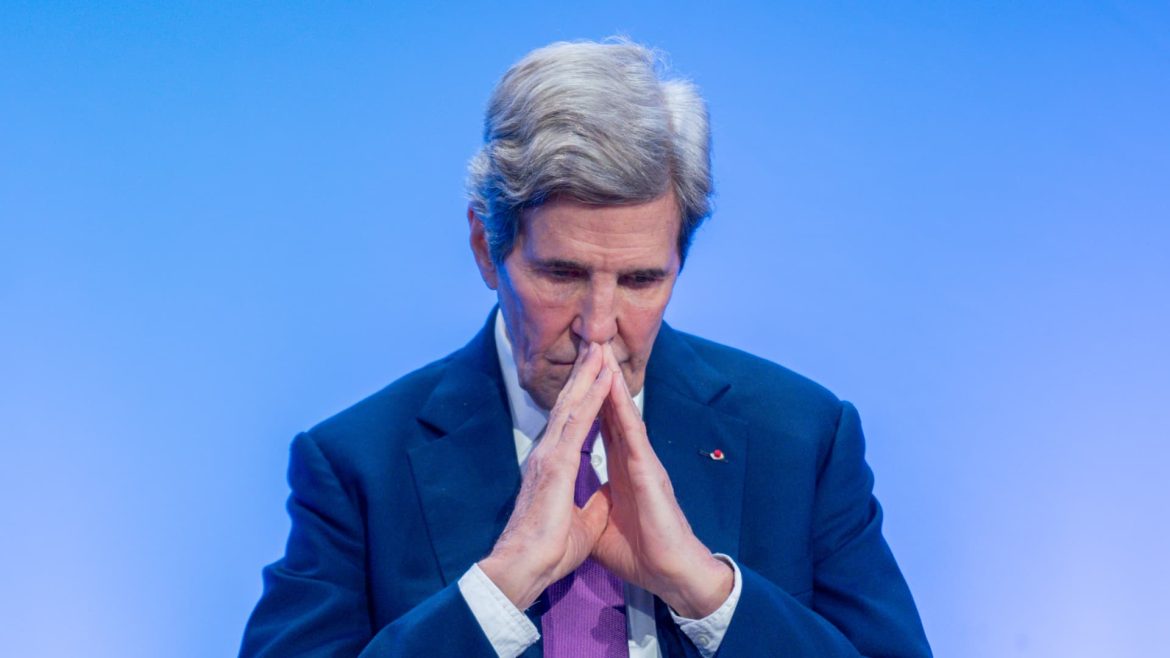The global effort to combat climate change has encountered a significant challenge at the COP28 climate summit. During the summit, Sultan Al-Jaber, the COP28 President and United Arab Emirates climate chief, made a controversial statement suggesting there was “no science” behind calls to phase out fossil fuels. This statement sparked widespread criticism and outcry from climate scientists, who described the remarks as “farcical.”
In response to Al-Jaber’s comments, John Kerry, the U.S. special presidential envoy for climate, emphasized the need to prioritize the fight to keep global warming to 1.5 degrees Celsius. Kerry pointed out that the G7 countries had voted for a phase-out of unmitigated fossil fuel emissions and stressed the importance of aligning every decision with the goal of keeping global warming to 1.5 degrees Celsius.
Al-Jaber’s comments added to the challenges facing COP28, which had already experienced setbacks in the lead-up to the conference. Prior to the summit, the UAE was accused of lobbying for oil and gas deals while simultaneously hosting the climate talks, creating a conflict of interest. Al-Jaber’s dual role as a representative of the UAE and the head of a state-run oil company also raised questions about his ability to lead discussions on climate change in an unbiased manner.
Despite these challenges, there have been positive developments at COP28. The summit began with an early victory as delegates adopted a new fund to aid nations impacted by the climate crisis. Additionally, nearly 120 governments committed to tripling renewable energy capacity by 2030, signaling a concerted effort to decarbonize the energy sector.
However, the controversy surrounding Al-Jaber’s remarks underscores the ongoing tensions and complexities inherent in the global fight against climate change. The urgency of the issue, as emphasized by Kerry, points to the need for a unified and science-driven approach to address the climate crisis effectively.
As the summit progresses, much attention will be focused on the final agreement, expected by or around the end of the conference on December 12. The language of the agreement, especially regarding commitments to phase out or phase down fossil fuel use, will be closely scrutinized for its potential impact on global efforts to combat climate change.
Furthermore, the 1.5 degrees Celsius temperature threshold has emerged as a critical benchmark, signaling the point at which the planet’s climate could approach irreversible tipping points with catastrophic consequences. The stakes are high, and the global community must prioritize science-based, collaborative solutions to tackle the climate crisis and safeguard the future of the planet.

I have been featured in numerous publications, both online and offline, and am a regular speaker at industry events. I am also the founder of Crypto University, an online educational platform that helps people learn about cryptocurrencies and blockchain technology. In addition to my writing and teaching career, I am also an active investor in the cryptocurrency space. I have made investments in some of the leading projects in the space, and my portfolio has outperformed the market by a wide margin
